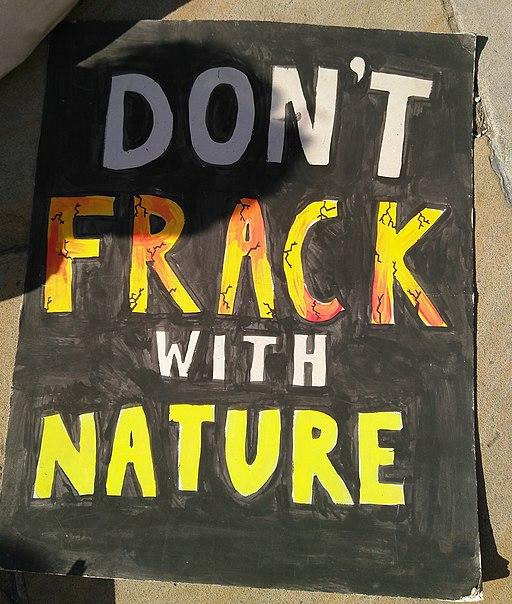Contributing Writer Saad Hossain, ’21
At a time where the Earth’s atmosphere faces the hottest temperature shifts in the history of mankind, we continue to make it worse. The increased release of carbon emissions as well as toxic gases such as methane, which can trap 25 times more heat in the atmosphere than CO2, directly affect climate change. The increase of these emissions occur primarily due to fracking, which is a method of extracting natural gas. The process includes drilling a deep bore hole to the subterranean rocks from which a mixture of water, sand, and chemicals is injected at immense pressure to fracture the rock and release natural gas. However, the effects fracking has on humans and the environment are more toxic than the chemicals used.
Fracking threatens the human population, especially those who live near fracking sites. Areas with fracking sites have a direct correlation with increased hospital visits from people living around them. This process of extracting natural gas causes increased stress and anxiety caused by the increased light, noise, and truck traffic that is associated with it. Furthermore, most of the known chemicals that go into fracking are detrimental to human health. These chemicals are especially harmful to mothers and babies, as the endocrine-disturbing chemicals used during fracking can hurt developing fetuses even when present at very low concentrations. When considering that more than 65,000 babies are born near fracking sites, it is scary to discover mothers have a 40% increased chance of having a premature baby.
If you thought that was all, there’s much more to talk about. Further effects of fracking on humans have a larger effect on the environment. With water becoming more and more scarce, it is a big problem that over 240 billion gallons of water is wasted during the process of fracking every year. This frack fluid, which is further contaminated with heavy metals and radioactive elements, is collected and dumped into rivers and streams. Furthermore, underground water supplies are also contaminated by fracking, through the migration of gas and frack fluid underground. In addition, we cannot forget about the toxic gases like benzene that are released into the air when fracking takes place, adding to the growing issue of air pollution.
Fracking has always been a bad idea, especially due to its horrible effects on climate change. Some may say we may reduce carbon emissions without getting rid of fracking. However, cutting carbon emissions means reducing our dependence on fossil fuels, especially natural gas. Alternatives for fossil fuels such as solar and wind power are just as effective but much more efficient, and should be the way to move forward.
Sources:






























